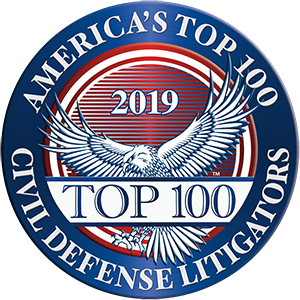The Speak Out Act was signed into law on December 7, 2022, by President Joe Biden, with the aim of empowering survivors of sexual assault and sexual harassment to come forward by nullifying the enforceability of predispute nondisclosure and nondisparagement contract clauses related to sexual assault or sexual harassment. The Act arose out of the #MeToo movement and is evidence that the movement is gaining renewed momentum following a quiet period during the COVID-19 pandemic.
In the Act, Congress made findings about the pervasive nature of sexual harassment and assault in the workplace and throughout society, affecting millions of Americans. The Act recognizes that prohibiting nondisclosure and nondisparagement clauses will empower survivors to come forward, hold perpetrators accountable for abuse, improve transparency around illegal conduct, enable the pursuit of justice, and make workplaces safer and more productive for everyone.
The Act states that, with respect to a sexual assault or sexual harassment dispute, no predispute nondisclosure or nondisparagement clause agreed to before the dispute arises shall be judicially enforceable in instances where conduct is alleged to have violated federal, tribal, or state law. The law defines “sexual assault dispute†as a dispute involving a nonconsensual sexual act or sexual contact, including when the victim lacks capacity to consent. “Sexual harassment dispute†refers to a dispute relating to conduct that is alleged to constitute sexual harassment under applicable federal, tribal, or state law.
Employment agreements and independent contractor agreements that contain generic nondisclosure or nondisparagement provisions that generally prohibit an employee or contractor from disclosing the employer’s trade secrets and other confidential information or disparaging the employer and its products and services are generally allowed, as long as they are not intended to prevent an employee or contractor from reporting sexual abuse or harassment.
The Speak Out Act now provides additional protection relative to claims filed under federal, state, or tribal law on or after December 7, 2022. However, the Act doesn’t affect predispute nondisclosure and nondisparagement provisions as applied to any matters other than sexual assault and sexual harassment disputes.
Employers have a duty to prevent unlawful discrimination, harassment, and retaliation in the workplace, to promptly investigate allegations of such matters when they arise, and to take appropriate action to address such matters. An employer that fails in its duty to act can be exposed to significant liability and can’t rely on a predispute nondisclosure or nondisparagement provision to avoid its obligations.
If you require more information or a consultation regarding sexual harassment and assault in the workplace, contact TLD Law‘s employment law attorneys for more information.






